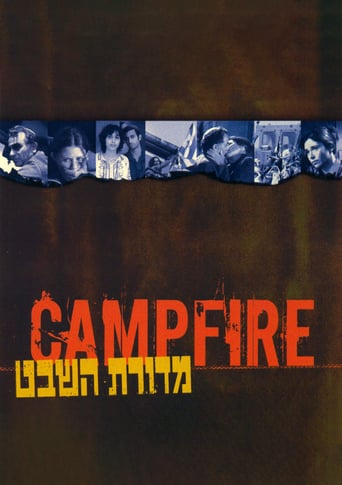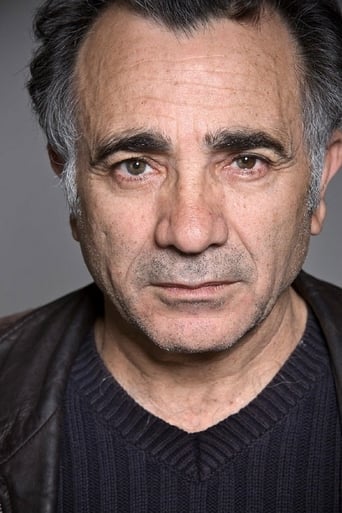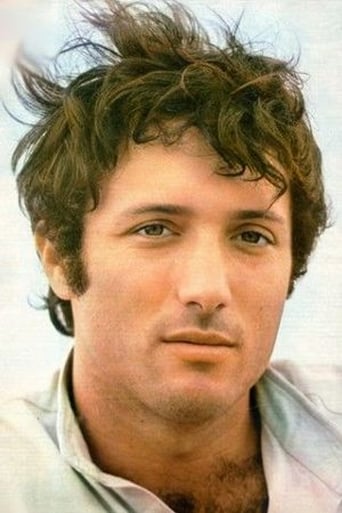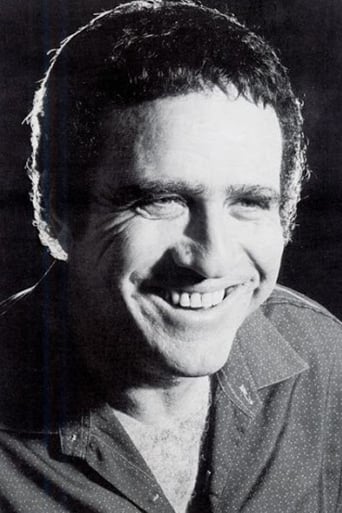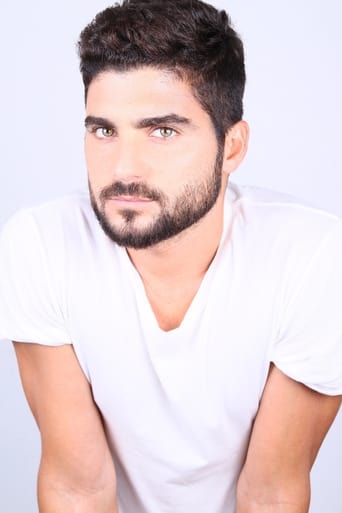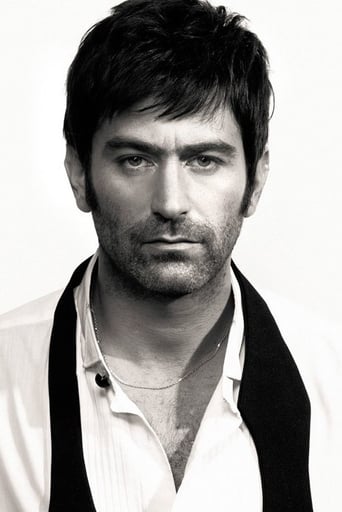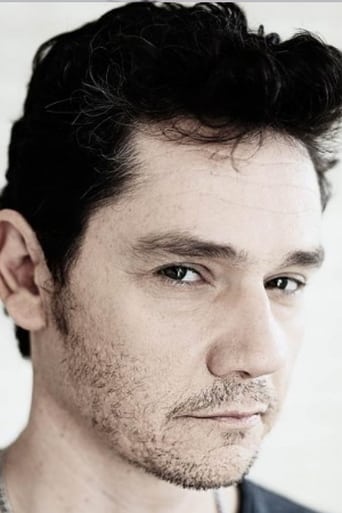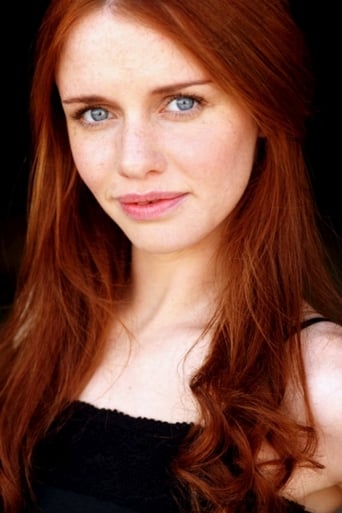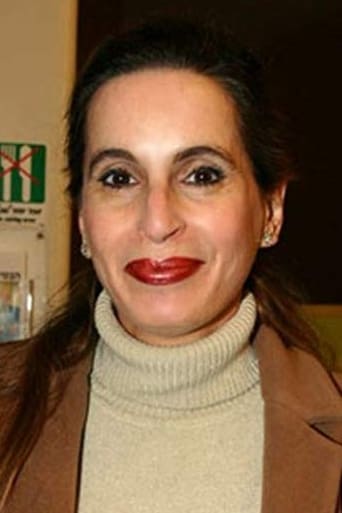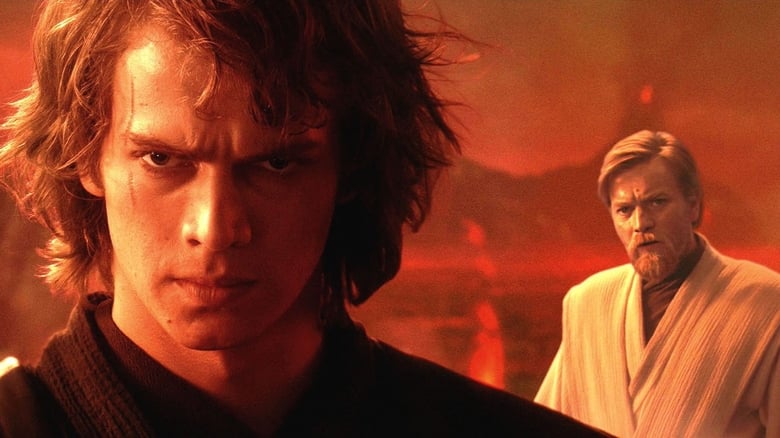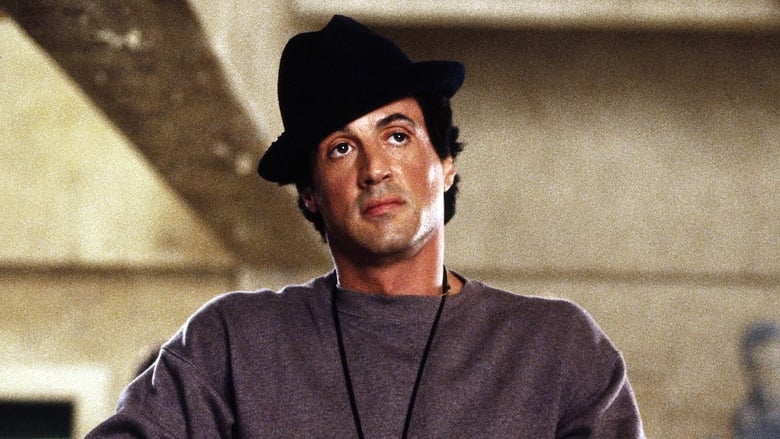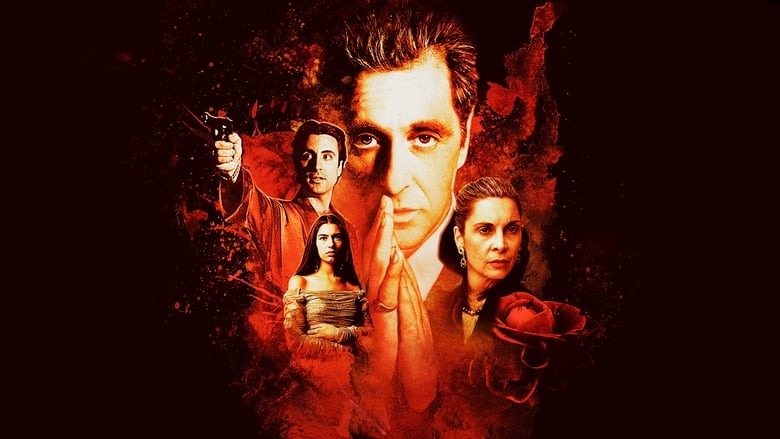The story of one woman's personal battle for acceptance, but also a portrait of a political movement that has forever affected millions of lives in the Middle East.


Reviews
Rafi hangs out with the bad boys. Even though Tami Gerlick(Hani Furstenberg) is accompanied by her mother and older sister, the boys still badger the schoolgirl about her reputation. "Is it true you put out?" challenges the ringleader, in a leering singsong voice that Tami mistakes as flattery. On some level, she likes the attention; she feels safe, in spite of the sexual innuendo-laced taunting, because Rafi is with them, her protector. Rachel(Michaela Eschet) confronts the boy for disrespecting her little gosling, but the admonitory words do nothing to deter his predatory stance. Everybody knows that the mother has been widowed for over a year. Without any man to protect this family of women, he knows that Tami Gerlick is fair game. He also knows that the Zionist elders will excuse any prospective transgressions, as "Medurat Hashevet" tells the story of a mother's struggle to raise her daughters under a patriarchal construct. Once the littlest Gerlick decides to brave the hinterlands of secularity at an outdoor religious function, the outcome results in the wavering of Rachel's blind faith towards her Zionism, since Motkeh(Assi Dayan), the monolithic leader of a settlers' movement, tells the single parent candidate to remain silent, after Rafi, the disappointing knight in shining armor, acts like a mere boy for Tami in her time of need. Disillusioned, and resigned to accepting her sex's place in the designs of officious men, Rachel surrenders the settlement plans she had for the West Bank, in order to join her daughter in those same hinterlands, where she can watch over Tami, and the other daughter, the older and rebellious Esti(Maya Maron), with the help of a new boyfriend, the fifty-something-year-old virgin, Yossi(Moshe Ivgy).Tired with the campfire songs of her youth group at the official bonfire, Tami suggests to a friend that they join the other fire-starters across the woods: Rafi's hoodlum friends, who had boldly objectified her despite the presence of an attending parent. Prior to this momentous decision, the filmmaker shows us Tami's inquiring mind at work(groundwork for the girl's culpability during her attack), in a scene where the girl positions herself towards a separating wall to get an earful of the extracurricular activities in Esti's room. Tami is made more worldly than your average Israeli girl, in due part to the filmmaker's American sensibility, best exemplified when the girl puts on a record and starts to dance around the empty apartment, a scene which seems lifted out of a Hollywood chick flick. As she sings to her reflection, all that's missing is the hairbrush. The lewd campfire song that sung by Rafi and his friends gives Tami's fledgling female camper pause, but not the precocious adolescent, who's not shy about telling a bawdy joke(like Minnie Driver in Gus Van Sant's "Good Will Hunting") around the alternate campfire. As she gets to the part of her story which involves the first base of erogenous zones, the camera conspires with Tami's attackers by suppling them an alibi, as the camera tilts down to a corresponding breast while she narrates; it's a prompting with an undertone of inevitability, the prelude to a rape, including a grope session before the filmmaker omits the gross breach in amity by an aggregate of restraining hands and cruel torsos. That subtle tilt of the camera suggests a girl who turned her attacker(s) on: a girl who was asking for it. For some viewers, the act of dramatized rape works as a base fetish, so the decision to keep the rape off-screen seems like a respectful one. But by keeping the rape a secret from the viewer(as Tami keeps it a secret from her mother and sister), her continuing adoration of Rafi is made possible. After all, he allowed it to happen, like one of those bar patrons in Jonathan Kaplan's "The Accused". Adding insult to injury, the boys spray-painted her misdeed in stone all over the Zionist jurisdiction of the town. And Rafi let the lie remain there without any gesture towards concealing the affronting words with paint(as Rachel and Esti do). Instead of the cowardly boy making amends with the debased girl, "Medurat Hashevet" shows us the harmful effects of a governing patriarchal mindset when Tami seeks out Rafi, asking him for forgiveness, and expressing surprise in his ongoing interest for her. Tami feels like she's damaged goods. Does the filmmaker feel the same way, too? In other words, is the film critical of God, or the girl? Since Rachel breaks away from her faith, "Medurat Hashevet" has the outward appearance of having contemporary ideas about women, but the handling of Tami's rape seems like a compromise, in which Zionism isn't thrown under a bus and completely trampled by feminism.
Campfire (Medurat Hasevet) marks the last film for me during the Israel Film Festival, and personally, I thought this film was the most mature of the lot, being honest in exploring the lives and relationships in all members of a single parent family. Being all women in the house, recently widowed Rachel Gerlik (Michaela Eshet) takes great pains in order to protect her daughters Esti (Maya Maron) and Tami (Hani Furstenberg) from growing pains, and it is in the characters that we see an observation of romance in three forms.For Rachel, it is a second chance at real romance. She admits to her daughters that she has never been in love, not even with their father, and opportunity comes in the form of Yossi (Moshe Ivgy) the bus driver, who's attentive and sincere, and while having his own awkward moments at professing his love, you're likely to root for him to get his girl. Rachel though has her hands full, in juggling a fight to be accepted by her community in order to relocate to the new West Bank settlement to start life afresh, now made complicated by a potential love, and in trying to reconnect with her daughters.In elder daughter Esti, we see budding puppy love, as well as her very distinct opposition with her mom, stemming from Rachel's refusal to provide her with some privacy at home. I guess every parent will have to face their kids at this point in their teenage lives, and hopefully live to tell the tale of triumphant tolerance in the face of constant cynicism. And lastly, probably the saddest of the lot, with Tami and her brush with one ugly emotion of Lust. The English title at least, refers to a pivotal moment in the story which involves around the Bonfire incident, and you can't help but seethe with rage, where writer-director Joseph Cedar succeeds in eliciting anger with a sense of helplessness, and deep despair.What succeeded too is the performance of Hani Furstenberg in fleshing our her character, as we witness her credible spectrum of emotions ranging from the damsel in distress, and in being able to draw strength from within to deal with her terrible ordeal. Her chemistry with Michaela Eshet is quite amazing, and you will definitely be moved at how their characters interact with each other in the dealing with the fallout, even though it was just a short scene. I guess nobody should be made to suffer in that manner without clear repercussions or punishment, but reminds you in real life that sometimes there are situations where you can't expect everything to go in your favour, even though you're right and are seeking justice.Instead, we see how one can face up to adversary in whichever form they take, and through Rachel, we realize that the well intent of others, who subconsciously impose their will and thoughts onto yourself, becomes enslaving, and there comes a time where one must break free. Free from living a life dictated by the community, of the need to conform unnecessarily, and to learn to stand on your own two feet. Michaela Eshet encapsulates this development of her character, and you can't help but to cheer silently when she finally breaks free from a mindset bondage.It might be a small movie with a small principle cast, but its message and lesson couldn't be more than relevant, especially when it comes to the notion of blood being thicker than water, with a mother's love that knows no bounds.
Joseph Cedar's wonderful "Campfire" affirms what one had already known: the quality of Israeli films. As he demonstrates with this heart wrenching tale that involves a recently widowed woman, at a crucial moment of her life, "Campfire" shows a director that is in touch with the situation he is presenting us.The Gerlick household is not the most pleasant place to be. Rachel, the mother, has lost her husband about a year ago. Esti, the oldest of the two daughters, is having an affair with a young soldier. Tami, the youngest girl, who is at the center of the story, is clearly lost and not being able to cope, or make sense of all what's happening around her.Rachel is fixed by a friend on a blind date with the shy Yossi, a middle aged man who is the owner of a bus. Their first date at a Chinese restaurant is pleasant, but we don't see sparks fly between them. Yossi is a lonely man who has gone on a lot of similar dates, never ending with a woman of his own, much less a wife.Tami, the youngest daughter is awakening to sexuality. She is a shy girl who has never done anything wrong and suddenly finds herself at the center of attention from the teen age boys who are up to no good and want to have fun at her expense. At the campfire, a group of boys taunt Tami into doing things she is not prepared for and she is horrified when horrible things are written on the walls of her house deeming her a common prostitute, when in reality nothing has happened.Rachel finally gets enough courage to confront the leaders of the new development where she would like to relocate with the girls because she realize that she is not wanted and it's the children of some of these people who are responsible for the cruelty toward Tami. After calling Yossi for help on a few occasions, it's clear that he has fallen for Rachel and is accepted by the girls.The film is bitter sweet with great appearances by the four principals. Michaela Eshet is wonderful as Rachel. Moishe Ivgy has such a noble face, that just one look at him, one realizes this is a decent man who will make anyone happy because he has a lot to give after not having known love in his life. Young Hani Furstenberg is also appealing as Tami and Maya Maron, who was excellent in "Broken Wings" plays the older Esti.Congratulations to Joseph Cedar and his team for a wonderful, heart-felt film about real people in a real situation.
I just saw this movie tonight as part of the Seattle International Film Festival and I knew to expect something great because it won the best feature film "Ophir" in Israel (like Oscar award). I was pleasantly surprised that it was more than just the simple story that is described in the synopsis. It is a human story with a lot of heart. The movie explores falling in love from three different perspectives. It includes all the emotions that go with it. It also shows three different approaches to dealing with the opposite sex and it seems they each learn a bit from each other. The message is universal but the film is unique. Go see it!
